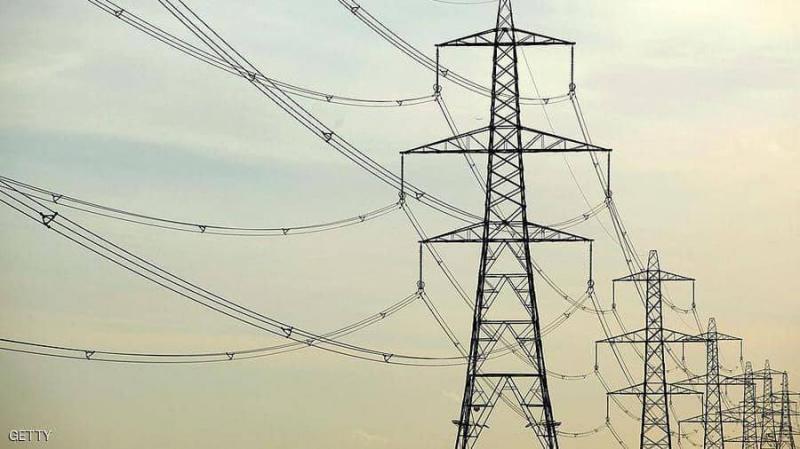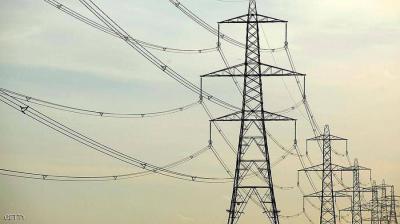Egypt has the largest sources of renewable energy from wind and solar in the Middle East and North Africa, qualifying it to be one of the biggest producers of clean energy, which will assist in saving the environment in the region. Egypt had planned to achieve a 20% share of renewable energy in total energy consumption by the end of 2022, but successfully reached that goal before the end of 2021.
Egypt's Electricity Minister, Mohamed Shaker, stated that the country has added electrical capacities exceeding 28,000 megawatts, emphasizing the diversification of clean energy sources to reduce carbon emissions and ultimately reach zero emissions. Solar and wind atlases show that Egypt possesses the largest renewable energy sources from wind and solar, positioning it as a major clean energy producer.
Considering the various plans, programs, and agreements established by Egyptian ministries, all aim towards clean energy, especially after the announcement to cancel certain contracts regarding electricity production from coal in the Ayun Musa area.
### Climate Change and Renewable Energy Strategy
This was reaffirmed by Egypt's launch of the national climate change strategy for 2050, which will enable the country to plan and manage climate change at different levels while supporting the achievement of sustainable development goals in line with Egypt's Vision 2030 through a resilient and low-carbon approach.
According to the Egyptian Electricity Minister, the country has the largest electrical capacities in the Middle East and North Africa, with a production potential reaching up to 90 gigawatts from wind and solar energy. Egypt aims to reach 42% renewable energy by 2035 and is currently studying several necessary studies to increase this percentage.
The Ministry of Electricity stated that there are 32 solar energy projects using photovoltaic cells at the Benban solar power complex, with a total capacity of approximately 1,465 megawatts. Egypt is also currently working on pilot projects for green hydrogen production as a first step toward export readiness and is updating its energy strategy for 2035 to include green hydrogen as an energy source.
### Reducing Carbon Emissions
Saba Mohsali, the head of the Egyptian Electricity Transmission Company, noted that diversifying clean energy sources in Egypt and generating electricity from wind energy has been a strategic decision since 2015 by the Supreme Energy Council.
In exclusive statements to "Sky News Arabia," Mohsali mentioned that Egypt set a goal to diversify electricity sources to 20% of the maximum electricity load in 2022, but the country achieved this target in 2021, faster than anticipated. She elaborated that investments for wind energy electricity generation projects with Saudi Arabia reach 600 million USD and that this will commence in Egypt by the end of 2023 or early 2024, helping to create jobs for around 1,100 workers during the construction phase and reduce carbon emissions.
She added that Egypt conducted a geographic survey to identify the best locations for solar and wind energies and established what is referred to as a solar atlas and wind atlas. Regarding the best areas, she emphasized that the Gulf of Suez is the prime location for wind electricity production due to strong wind speeds.
Moreover, Egypt signed an agreement earlier this year for 500 megawatts with the UAE-based Al Nowais Company for solar energy production in Kom Ombo in Aswan Governorate. Additionally, she mentioned signing with Aqua Power for a tender of 200 megawatts in the same region, indicating that these projects are still in the funding stage and will sign execution contracts afterward.
### Electrical Interconnection
Cairo places significant importance on electrical interconnections with neighboring countries, especially with the announcement of an electrical interconnection project between Egypt and Saudi Arabia, exchanging up to 3,000 megawatts of electricity. Egypt has also interlinked with Jordan, Libya, and Sudan, along with interconnection projects with Cyprus and Greece, aiming to make Egypt a regional energy exchange hub with Europe, Arab, and African countries.
The Egyptian Electricity Minister emphasized Egypt's commitment to continue its efforts to implement its peaceful nuclear program to meet growing economic and industrial development needs.




